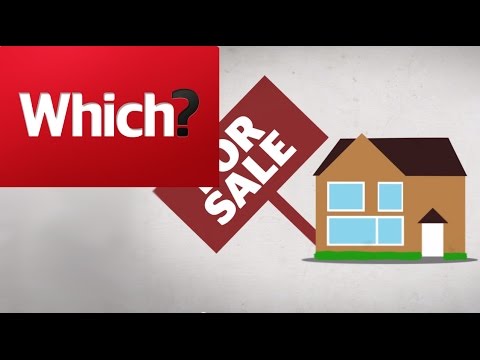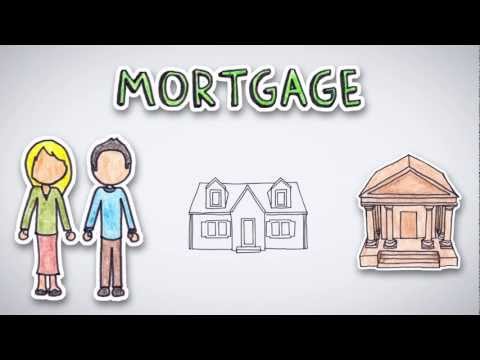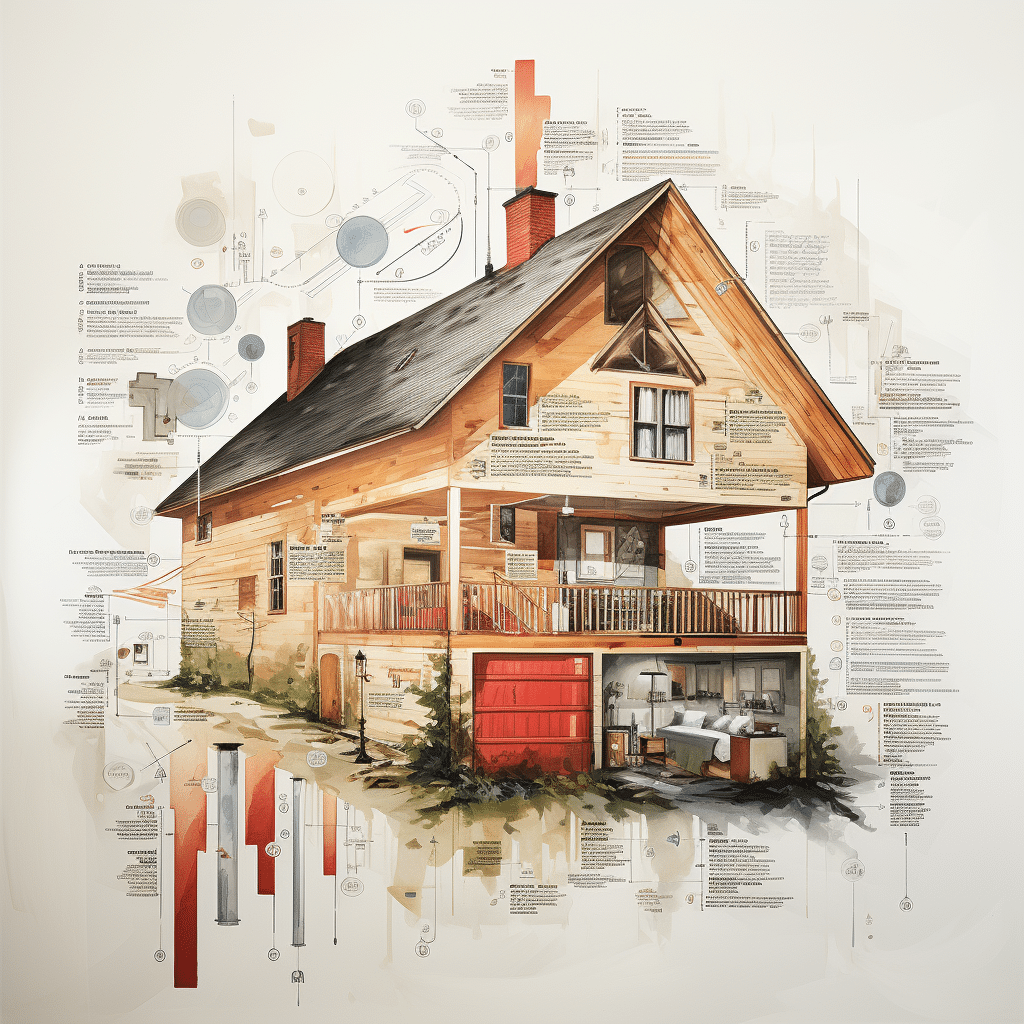When it comes to buying a home, few of us can pay cash upfront. That’s where a mortgage slides into the picture, like a knight in shining financial armor. But don’t get it twisted, a mortgage isn’t just another monthly bill—it’s a powerful tool that can pave the way to homeownership. So buckle up, we’re about to demystify this vital piece of the American Dream. And remember, knowledge is a homeowner’s superpower!

Unpacking the Basics: What Is a Mortgage?
When you’re dreaming of those ocean waves crashing onto Carmel Beach, it might seem like a distant fantasy. But that’s where understanding a mortgage brings you a step closer. In its simplest form, a mortgage is a loan specifically for buying real estate. It’s like a promise sealed with a hearty handshake where you agree to pay back the borrowed sum, plus interest, over a set period.
Diving into the history books, we can trace mortgages way back—when they probably involved a herd of livestock as collateral! But let’s snap back to the present—the legal and financial implications today mean your lender takes a lien on your property. What’s that got to do with you? Well, if the payments stop, they can say sayonara to your home. A tough cookie, but that’s the trade-off for spreading payments over many sunny (and rainy) days.

Fact #1: The Structure of a Mortgage Loan
Peering under the hood of a mortgage, we find it has four key components: principal, interest, taxes, and insurance (PITI). Think of it as the four-legged table where your homeownership stands firm.
Terms like Amortization—a fancy way of saying how you’ll pay off the loan over time—are your road map. Fixed rates sit tight and never budge, giving you the stability of knowing what’s due. Variable rates, however, bob and weave like a boxer with the market.
And let’s get current, as of late 2023, mortgage rates flirt with historic averages. You see, they do a little dance based on markets, inflation, and a pinch of economic mojo.

| Element | Description |
| Definition | A mortgage is a legal agreement by which a bank or other creditor lends money at interest in exchange for taking the title of the debtor’s property. |
| Purpose | The primary purpose is to finance the purchase of a home or to borrow money against the value of a home you already own. |
| Borrowed Amount | This is the sum of money lent by the lender to buy the home, which the borrower agrees to pay back with interest. |
| Repayment Period | Mortgages are typically repaid over a span of several years, commonly ranging from 15 to 30 years. |
| Interest Rate | The rate at which interest is charged on the borrowed amount. Mortgages often have lower interest rates compared to personal loans due to collateral. |
| Lender’s Rights | The lender has the right to take possession of the property (foreclosure) if the borrower fails to repay the loan according to the agreement. |
| Credit Impact | Initially may lower credit score; however, consistent repayment can improve or maintain a good credit score over time. |
| Security/Collateral | The home purchased serves as collateral, which secures the loan and mitigates the risk to the lender. |
| Benefits | – Provides the ability to buy a home without paying the full price upfront. |
| – May offer better rates compared to unsecured loans. | |
| – Can improve or stabilize credit score when payments are made consistently. | |
| Considerations | – Risk of foreclosure if payments are not made. |
| – Interest accrues over time, increasing the overall cost of purchasing the property. | |
| – Long-term financial commitment. |
Fact #2: Types of Mortgages Available in 2024
Whether you’re a veteran eyeing a VA loan or a first-timer looking at an FHA, there’s a shuffle board table of options. Each type of mortgage has its quirks and benefits:
New kids on the block bring innovative solutions, better suiting the patchwork quilt of borrowers stepping into 2024.

Fact #3: Mortgage Qualification Criteria
As if finding that dream home on Royalton cancun wasn’t hard enough, you gotta meet the bar to qualify.
But here’s a spoonful of sugar—the criteria mold and shape with the times. And recently, flexibility got a promotion.
Fact #4: The Mortgage Application and Approval Process
Ready for that rollercoaster? The mortgage ride starts with a step-by-step waltz:
Tech advancements have turned this once labyrinth process into a more scenic route. We’re talking e-signatures, automated underwriting, and a learn sign language level of communication ease.
Fact #5: The Impact of a Mortgage on Personal Finance
Juggling a mortgage isn’t unlike spinning plates—one wrong move and it’s a tough act to recover from. But manage it well, and you’re in the clear—homeownership’s perks beef up your credit score like a financial bodybuilder. A mortgage’s interest rate may play nice compared to a personal loan too—insurance for the lender equals savings for you.
Navigating Mortgage Payment Challenges
Nobody’s perfect; we all stumble. So, if your mortgage starts to feel like a sumo wrestler on your back, it’s time to re-strategize.
Turbulence ahead? An economic downturn’s effects are as sure as gravity—brace and be prepared.
Future Trends in the Mortgage Industry
Peering into the crystal ball, mortgages might don new cloaks:
Change is the only constant; staying informed is your harbinger of success.
Conclusion: Building a Foundation with Knowledge
Understanding mortgages is a cornerstone—without it, your blueprint for homeownership is just scribbles on a napkin. Whether you’re a first-timer or a seasoned refinance ninja, the market realities of 2024 demand a savvy hand at the tiller.
We’ve navigated the tide together—may your journey be less shuffle board table, and more steady sailing towards your slice of paradise. Keep learning, keep planning, and when you dock at homeownership harbor, it’ll be with a confident smile and the wisdom of a mortgage sage.
Unwrapping the Mortgage Mystery: What Is a Mortgage?
Ah, the big question that swirls in the minds of prospective homeowners and financial whizzes alike! So, what is a mortgage? Simply put, it’s that nifty arrangement that lets you snag the keys to your dream home without forking over all the cash upfront. Let’s dig into some quirky facts that’ll have you chatting mortgages like a pro at your next dinner party.
Once Upon a Time in Mortgage Land
Picture this: you’ve just found a fairytale cottage you’re itching to call home. But unless you’ve stumbled upon a pot of gold recently, you’re going to need a mortgage to make that dream come true. A mortgage is much like a heroic sidekick in your home-buying quest; it swoops in with the funds, and you pledge to pay it back over time. But don’t worry, it’s not a sprint; it’s more of a marathon with a pace set by an Amortization Schedule”. With this trusty table, you can see how each payment chips away at your debt like a sculptor creating a masterpiece.
The Roller Coaster of Rates
Interest rates on mortgages? Pssh, they go up and down more often than a yo-yo. The rate you lock in will stick to your mortgage like glue, influencing your payments for years to come. It’s like a seesaw – if rates plummet after you’ve sealed the deal, you might get the itch to refinance. That’s when you swap your old mortgage for a newer, shinier one with a rate that’s easy on the wallet.
The Down Payment Dilemma
All ears now—you usually can’t waltz into the mortgage arena without some skin in the game, and that’s your down payment. It’s not always the traditional 20% of the home’s value; sometimes, you can slip in with as little as 3.5%! But beware: going lean on the down payment could mean you’ll tango with private mortgage insurance (PMI), which is about as fun as a sunburn at the beach.
The Credit Score Shakedown
Before lenders decide to hand over the mortgage treasure, they’ll eyeball your credit score like it’s the star of the show. A score that’s sky-high opens doors to lower rates and a red carpet to home ownership bliss. A lower score? Well, let’s just say you’ll be paying for that mortgage like it’s a fancy steak dinner—costly!
The Term Turmoil
Mortgages come in all shapes and sizes, and the term—or how long you’ve got to pay it back—is where the plot thickens. Like choosing between a sprint or a marathon, a shorter term means higher payments but a quicker path to being debt-free. A longer term spreads out the payments, thinner than a slice of fancy Swiss cheese, but you’ll pay more in the long haul.
These five essential facts give you a crash course in the world of mortgages. Whether you’re a first-time buyer or a seasoned investor, understanding the twists and turns of “what is a mortgage” can make all the difference in your home-owning journey. Keep these tidbits in your back pocket and you’ll be waltzing through the mortgage maze with confidence!

What is the simple definition of mortgage?
What is the simple definition of mortgage?
A mortgage, in a nutshell, is like a backstage pass to homeownership. It’s a loan from a bank or lender that helps you snag a house when you don’t have the full amount to pay upfront. You borrow the cash and say, “I’ll pay you back, with a little extra for your troubles,” over a set period.
How does mortgage work?
How does mortgage work?
Imagine a piggy bank that’s too high to reach without a ladder. A mortgage is like that ladder, helping you grab the home piggy bank by borrowing money from a lender. You agree to pay it back over time with interest until you own the whole piggy bank – er, house, outright.
Is it good to mortgage a house?
Is it good to mortgage a house?
Mortgaging a house can be as sweet as pie if you play your cards right. It can help you get your dream pad without having all the cash up front. But remember, it’s a big decision with a long-term commitment, sort of like getting a pet elephant – be sure you’re ready for it.
Which is better a personal loan or mortgage?
Which is better a personal loan or mortgage?
Personal loans and mortgages are like apples and oranges – both yummy but different. Mortgages usually have lower interest rates and longer repayment terms, geared for buying a home. Personal loans, on the other hand, are the quick-fix solutions for short-term needs and typically cost more in the long run.
What is the life expectancy of a mortgage?
What is the life expectancy of a mortgage?
The life expectancy of a mortgage is often like a long marathon – most clock in around 15 to 30 years. It’s the time you and your mortgage will be joined at the hip, working towards that sweet finish line of full homeownership.
Why do you need a mortgage?
Why do you need a mortgage?
Unless you’ve been saving like a squirrel storing nuts for winter, buying a home outright can be tough. That’s where a mortgage comes in. It’s the stepping stone across the river – you get to cross over to homeownership, and you repay the borrowed amount over time.
Is it smart to get a mortgage?
Is it smart to get a mortgage?
Getting a mortgage can be a smart move if you’re craving your own slice of the real estate pie. You’ve just got to be sure you’ve got the dough to keep up with the repayments and it fits your long-term financial plan, like making sure your wallet can handle the diet.
How are mortgages usually paid?
How are mortgages usually paid?
Mortgages are usually paid like clockwork. You make monthly payments that cover both the interest and a bit of the principal. It’s like eating an elephant one bite at a time – consistently chomp away, and eventually, that mortgage beast will be gone.
How do mortgages make money?
How do mortgages make money?
Lenders make money off mortgages by playing the interest game – they lend you the big bucks, and you pay them back with interest tacked on. Think of it as their cut for going to bat for you and fronting the cash. Cha-ching!
Does mortgage hurt your credit?
Does mortgage hurt your credit?
Taking out a mortgage can actually give your credit a bit of a workout – it might dip initially when you borrow big, but keep up with those payments, and it can buff up your credit score over time. Just stick to the plan, no skipping financial gym days!
What is a disadvantage of a mortgage?
What is a disadvantage of a mortgage?
One major disadvantage of a mortgage is it’s a long-term ball and chain. You’re signing up for years of payments, and there’s usually a hefty interest tab to pick up. Plus, if life throws a curveball and you can’t pay, you might have to kiss your house goodbye.
Is a mortgage a debt?
Is a mortgage a debt?
Yep, a mortgage is definitely a debt – it’s a big IOU to a lender for letting you grab a slice of the property pie. But it’s considered “good debt” because it’s tied to a valuable asset, your home, which can grow in value over time.
Can I get a $5,000 home equity loan?
Can I get a $5,000 home equity loan?
You betcha! If you’ve been paying your mortgage and your home’s value has gone up, the bank might just pass you a $5,000 home equity loan. It’s like getting brownie points for good financial behavior and cashing them in.
Can you get a loan for 20 000?
Can you get a loan for 20 000?
Sure thing! Whether it’s a personal, auto, or home equity loan, if your credit’s in good shape and you can show you’re able to pay it back, a $20,000 loan could be within reach. It’s like asking the bank for a favor, and they say, “Alright, we got you.”
Can you get a home equity loan for $10,000?
Can you get a home equity loan for $10,000?
If your house has racked up some solid equity, like a financial golden goose, you might be able to score a $10,000 home equity loan. It hinges on your credit score, income, and your home’s value – get those ducks in a row, and the bank might just say “Yes!”



